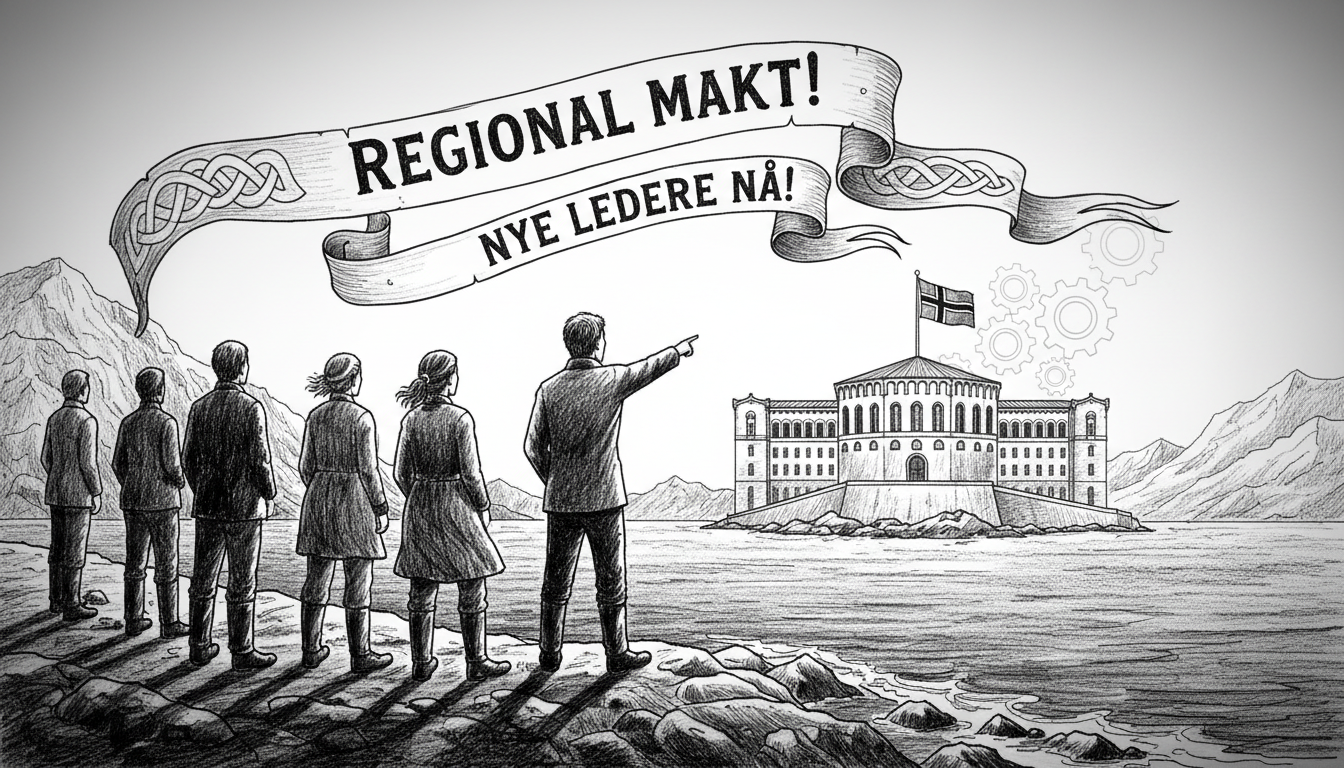Conservative Party members across Norway demand greater regional representation in the party's new leadership. Local chapters are submitting candidates to challenge what they call Oslo-dominated leadership structures.
The party's election committee received numerous nominations from county organizations. These candidates aim to ensure geographical diversity in the upcoming leadership election.
Harstad Conservative leader Nina Dons-Hansen stated that the party leadership should not only include people from Oslo and Bergen. Similar demands came from Bergen Conservatives supporting local candidate Peter Frølich.
Nordland Conservatives proposed three "highly competent" regional candidates they believe can counter potential Oslo-dominated leadership. The list includes Odd Emil Ingebrigtsen, Marianne Dobak Kvensjø and Bård Ludvig Thorheim.
Thorheim told reporters that new leadership must represent coastal culture and value creation. He confirmed his willingness to contribute while noting his current role as parliamentary representative.
Bodø Mayor Odd Emil Ingebrigtsen emphasized that someone from Northern Norway and municipal politics should join the leadership. He lost a competitive vote against Peter Frølich for a position in the party's working committee last March.
Grete Ellingsen from Sortland expressed surprise at her nomination. She said being from a medium-sized defense municipality in Northern Norway could provide valuable perspectives for the party.
Several county organizations stressed the importance of geographical power distribution. Øygarden Conservatives declared their support for Western candidate Peter Frølich while acknowledging Nordland's regional priorities.
Telemark Conservatives backed Mahmoud Farahmand as a candidate. They described him as representing a clear, value-anchored conservative voice with broad experience.
Vestfold Conservatives proposed Larvik Mayor Birgitte Gulla Løken and County Mayor Anne Strømøy as strong candidates for the working committee.
The geographical representation debate reflects traditional center-periphery conflicts in Norwegian politics. This tension periodically affects most political parties in Norway.
Regional politicians argue that diverse leadership better understands nationwide concerns. They want representation beyond the Oslo metropolitan area.
One political observer noted that geographical conflicts aren't always straightforward. Different municipality types have varying interests related to equalization systems.
The Conservative Party currently has 108 mayors spread throughout the country. This broad network forms the basis for demands about geographical representation in party leadership.
Political analysts suggest geographical representation ensures diverse perspectives in resource allocation debates. It also brings differentiated knowledge and experiences to political decision-making.
Norway's elongated geography makes regional representation particularly important. The capital lies far from many communities, and districts maintain strong cultural identities.
The leadership election comes as the Conservative Party aims to rebuild support across all regions. Party members believe broad geographical representation is crucial for becoming a relevant people's party again.
This push for regional balance shows the ongoing tension between central and peripheral interests in Norwegian politics. The outcome will reveal whether the party can bridge geographical divides within its own ranks.

